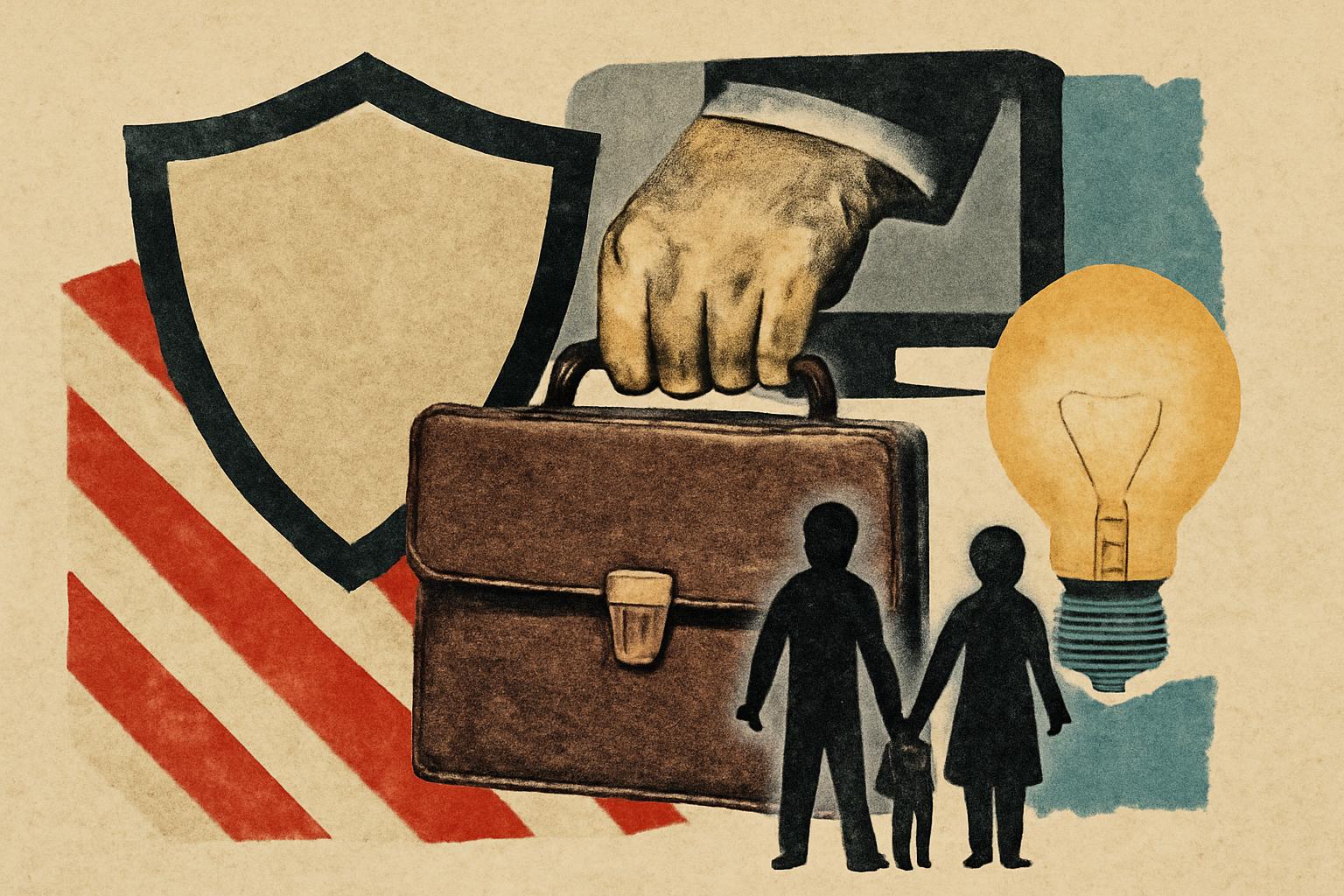safety on a vast, user-generated platform isn’t a problem you solve with sermons about virtue or with more police power; it’s a problem you solve with private order, clearly defined rights, and competitive, voluntary enforcement. a platform with millions of daily users and real money at stake has to be governed by contracts, reputations, and private risk management, not by another wave of state interventions that pretend to know what’s best for every child.
hayek would say the knowledge needed to police grooming and abuse is dispersed, tacit, and local. a central regulator can’t observe or calibrate every interaction, every chat, every in-game transaction, or every parental preference. decentralized private governance—competition among platforms, private moderators, user-driven reporting, and reputational incentives—will accumulate more useful, adaptive safeguards than any top-down mandate. the rule of law should protect property, contracts, and voluntary associations, not micromanage how a company designs its safety controls. the moment the state mandates a single blueprint for safety, it crushes the very experimentation that could discover better, more targeted, privacy-respecting solutions. thus, the best protection for children is a robust framework that enables parental choice, private certification, and accountable, contract-based remedies when safeguards fail.
robinsonian nozick would remind us that rights come from individuals and voluntary agreements, not from the state’s benevolent benevolence. parents have a natural right to raise and protect their children, and platforms have a right to decide the terms on which users engage with their service. if a contract between a platform and its users includes certain safety promises, the remedy for breaches should be through private enforcement, not a government edict that overrides those agreements. the minimal state, if one is tolerated at all, exists to enforce rights, not to substitute its own notions of “child protection” for the consent-based arrangements people have chosen. in this view, lawsuits and liability are not an indictment of capitalism; they are the market’s way of determining whether a platform has violated its contractual obligations or betrayed its users’ trust. democracy in safety governance isn’t a top-down mandate; it’s the outcome of voluntary arrangements, open competition, and the ready recourse of injunctive redress when rights are violated.
ayn rand would push the analysis further toward moral agency and principled self-interest. individuals should be free to pursue their lives, their choices, and their associations, and children’s protection is not a license for collective paternalism but a responsibility shared by parents, platform managers, and the broader community of users who demand safety as a condition of voluntary participation. the attempt to “solve” child exploitation through sweeping, compulsory controls oozes with a collectivist mindset that treats people as pawns rather than moral agents. a free platform should offer clear, opt-in safety features, transparent data practices, and predictable consequences for violations, all chosen in a marketplace of competing standards. if a platform fails to uphold reasonable safeguards, parents and users will vote with their feet, insurers will price the risk accordingly, and reputational capital will punish laxity far more effectively than any regulatory decree.
so what would liberty-compatible safeguards look like in practice?
- private standards and audits: independent, private safety certifications that platforms can earn and display, with transparent metrics on moderation, data minimization, and child-protection practices. users would choose platforms based on these signals, driving competition to improve safeguards.
- contract and tort remedies: users (or guardians) can seek damages for demonstrable negligence, with private arbitration or court remedies shaped by well-understood, opt-in contracts. civil liability aligns incentives without giving the state a regulatory monopoly over safety.
- parental control and user choice: robust, easy-to-use controls that allow parents to tailor contact, sharing, and in-game communication. defaults tilt toward privacy-preserving settings, with opt-in features clearly explained and reversible.
- privacy-preserving verification: private, voluntary age-verification or trust signals that respect user privacy and are market-tested for accuracy and security. no universal national mandate forcing invasive surveillance; let the market reward privacy-respecting approaches.
- private moderation and insurance: specialist moderation firms and cyber-liability insurers that price safety practices into premiums, creating a market-based incentive to invest in better systems, training, and incident response.
- open competition and reputational dynamics: transparent reporting on safety incidents, platform responses, and remediation timelines. users and parents can compare platforms not just on features, but on track records of harm mitigation.
in the end, the best defense of minors’ rights, and of freedom generally, is not more state power but smarter private ordering. the scale of modern platforms multiplies opportunities for harm, but it also amplifies the benefits of voluntary, adaptive governance. when rights-respecting principles guide policy—careful respect for property, contracts, voluntary association, and the rule of law—a market can innovate faster, respond more precisely to real-world conditions, and punish negligence more efficiently than any centralized bureaucracy ever could. the objective isn’t to imprison platforms in abstract safety theories but to unleash a culture of personal responsibility, robust private remedies, and market-driven safeguards that align the interests of parents, users, and platform operators in a free, dynamic ecosystem. that is the only path to truly protecting children without surrendering liberty to the crowding dictates of state control.
